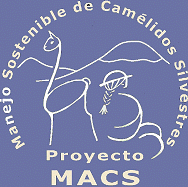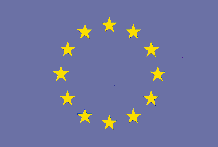The team
of scientists has been brought together by the EU INCO-DEV programme to
develop practical guidelines and policy recommendations to help local people
in the Andes of Chile, Argentina, Peru and Bolivia, to set up production
systems for this luxury textile fibre.
There is a unique opportunity now to ensure
that future production systems are both economically and ecologically sustainable and will reach the highest
standards of animal welfare, while ensuring the best possible economic
returns for camelid managers.
The MACS project addresses 5 main areas:
- Utilisation systems
- Economics and socio-cultural impacts
- Environmental impacts
- Biodiversity conservation
- Networking and dissemination
details (pdf) |
Management systems
Within the last 10 years a number of different systems have been
established to manage wild camelids ranging from captures from the wild to
farmed units. Research in the MACS project is identifying good management
practices to ensure long-term health and welfare.
details |
Socio-economics
Production of fibre from camelids is a new enterprise for many Andean
communities., as well as for the end-users of the fibre. Proyecto MACS is
evaluating the contribution of different production systems to rural livelihoods
and developing policy alternatives that will promote sustainable management
practices.
details |
Environment
The MACS project is identifying the impacts that management has on
wild vicunas, and evaluating the potential and implications of future continued
increases in vicuna populations
details |
Conservation genetics
The vicuna population of the Andes is not homogeneous, comprising
at least two sub-species, as well as a number of distinct genetic variants. In
order that sustainable use programmes can preserve this important biodiversity,
the MACS project is identifying and mapping the distribution of this variation.
details |


